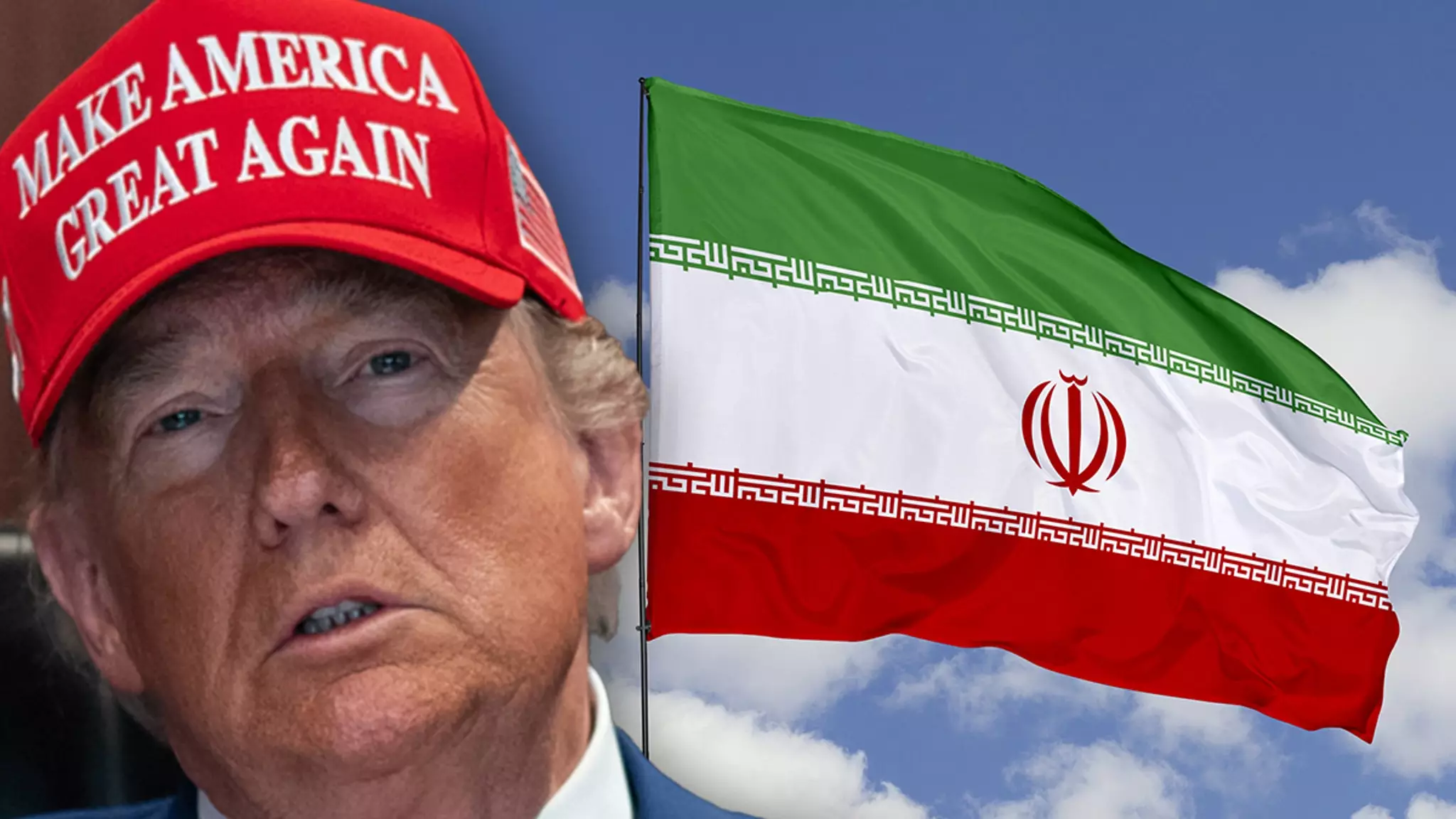Former President Donald Trump has once again grabbed headlines by shifting from his “America First” doctrine to a vision of transformative change in Iran. In a recent series of posts on Truth Social, Trump articulated a sentiment that resonates with his supporters: “Regime Change.” This provocative declaration not only highlights his unyielding focus on global affairs but also suggests that he is contemplating a new role for the United States in the Iranian political landscape. The situation is particularly significant given the recent military actions taken against Iranian nuclear facilities, which he described as a necessary response to perceived threats.
Imagining MIGA: A New Slogan with Political Weight
By coining the phrase “Make Iran Great Again” or MIGA, Trump is cleverly rebranding a call for regime change to align with his own political narrative. This move is not merely rhetorical; it seeks to evoke a sense of empowerment among the Iranian populace. However, it raises an essential question: can a slogan alone catalyze substantive political change? In a nation where dissent is met with repression, the likelihood of widespread adoption of any political slogan, especially one thrust upon them by an outsider, is dubious at best. Nonetheless, Trump’s intention to uplift Iranian citizens remains clear, suggesting he believes in the power of self-determination even in the face of authoritarian governance.
Contradictions in U.S. Strategy
While Trump appears eager to stir the pot of Iranian politics, the current U.S. administration’s approach seems markedly different. Secretary of Defense Pete Hegseth’s recent comments indicate a focus purely on deconstructing Iran’s nuclear capabilities rather than instigating regime upheaval. This discrepancy underscores a broader debate about the objectives of American foreign policy: is it more effective to dismantle threats or to foster democratic change? This contradiction could create confusion both domestically and internationally, especially when the nation’s leadership appears divided on strategy.
The Perils of Political Posturing
Trump’s latest proclamations serve to galvanize his base while also stirring uncertainty within the geopolitical landscape. Many may argue that this kind of rhetoric stokes tensions rather than alleviates them. By promoting the idea of regime change, Trump risks alienating potential allies in the region and inadvertently providing fodder for adversaries. Such political posturing also raises ethical concerns about interventionism; should the U.S. involve itself in the internal matters of another sovereign nation?
A Double-Edged Sword
The ambitious vision he lays out, while attractive on the surface, is riddled with complexities. It is one thing to call for change and another to facilitate it sustainably. Trump’s approach reflects a populist trend that tends to oversimplify the multifaceted nature of international relations. MIGA sounds appealing, but real-world implications often demand nuanced strategies rather than impulsive declarations. As Iran grapples with internal strife and external pressures, the hope for genuine liberation must be balanced against the harsh realities of political upheaval and foreign influence.

